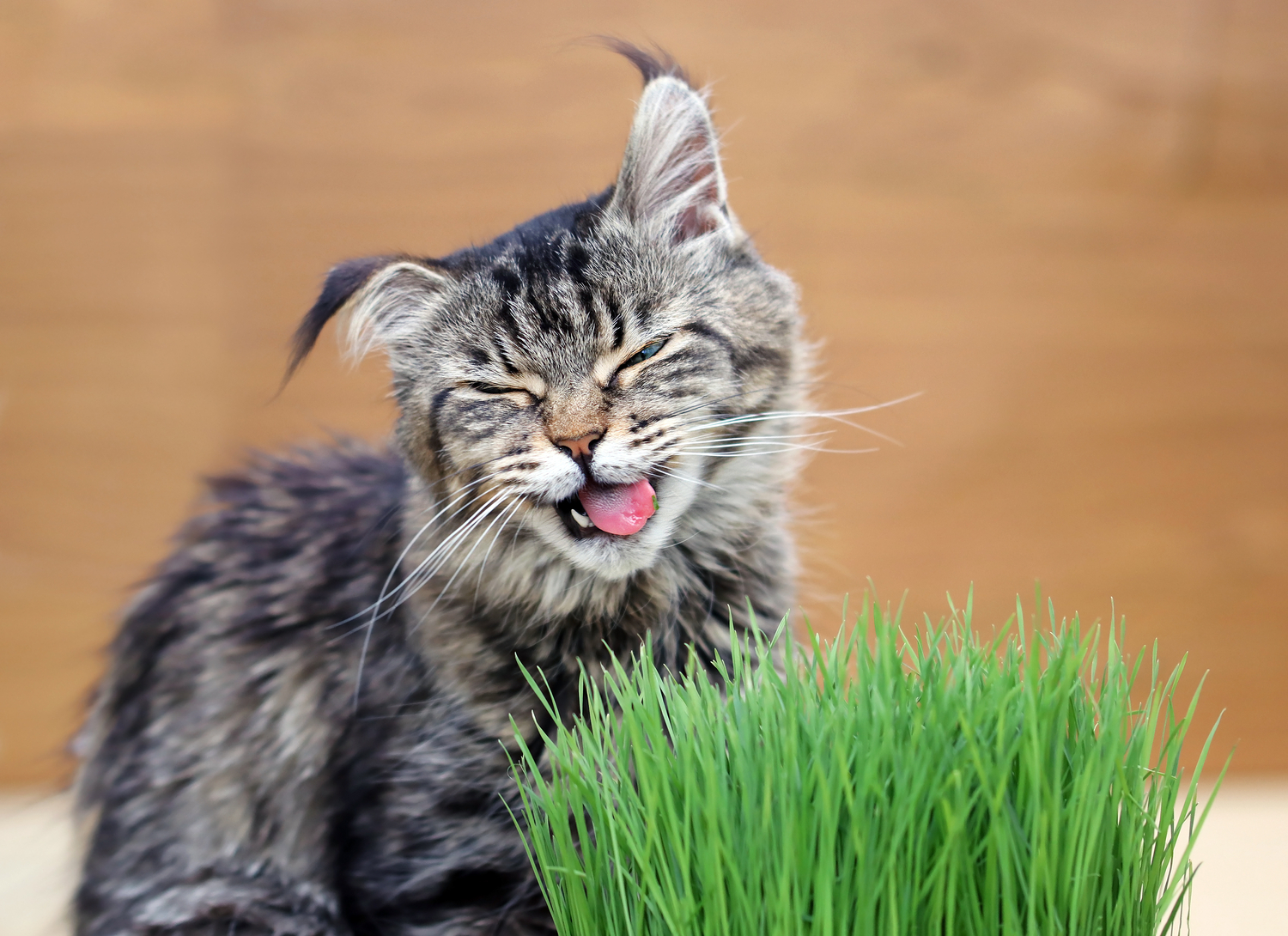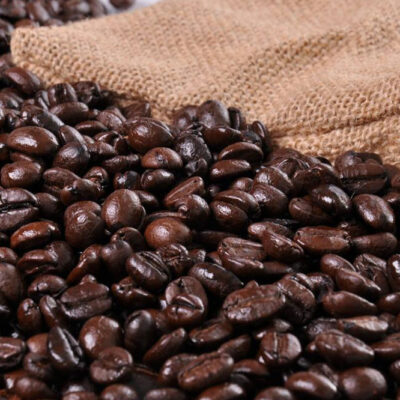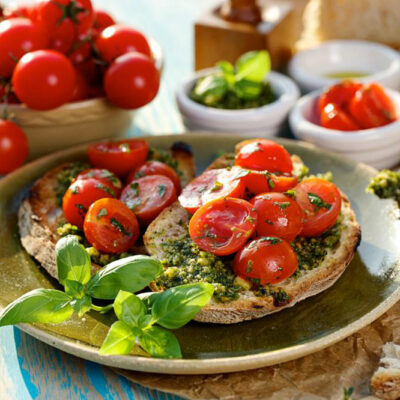
Human Foods That are Safe and Harmful for Cats to Eat
Whether you are attempting to train your cat or you just can’t say no to that face, giving your cat a treat every so often is a normal part of pet ownership. However, if you want to give your cats human foods, as opposed to specially-made cat treats, it is important to understand which foods will be safe and healthy for your cat to consume, and which will be harmful and should be avoided:
Safe foods:
1. Skinless boneless chicken
Pieces of chicken breast are a great source of lean protein, are low in sodium and fat, and contain selenium, vitamin B6, and phosphorus. However, it is important to be cautious with these treats. Chicken breast is good for cats in small amounts, but should not be a common meal replacement. Skin, oil, and seasoning can upset your cat’s stomach, chicken bones are a choking hazard, and raw chicken can contain salmonella and e. coli. It is therefore best to only give your cat plain, boiled chicken. Don’t worry if that doesn’t sound like much of a treat—your cat will still love it!
2. Fish
Like chicken, fish is a great way to get some extra meat and lean protein into your carnivore’s diet, but it should not be a common meal replacement. Also like chicken, cats cannot eat raw fish, and any fish you do give them should be deboned, as the bones can be a choking hazard or damage your cat’s internal organs. The fish should also not be smoked and remain unseasoned. In general, you can give your cat cooked or canned tuna as a rare treat, salmon, sardines, or baked, grilled, or boiled white fish. Fish oil, which is rich in omega-3 and omega-6 fatty acids, is also a good way to supplement cat food for older cats, as it can help eyesight, heart health, and arthritis.
3. Cucumber
While it is a common idea that cats are afraid of cucumbers, cucumbers are also an excellent low-calorie snack for your cat. At 95% water composition, cucumbers are a great source of hydration and also contain vitamin K, vitamin C, beta carotene, and potassium. Unfortunately, while the peel of a cucumber does contain the most nutrients, it may also be saturated with pesticides that can harm your cat, so it is generally recommended to peel cucumbers before feeding them to your cat. Be sure to cut cucumbers into small pieces to avoid choking hazards and only give cats cucumbers in small portions and in moderation, as too much can lead to gastrointestinal issues.
Harmful foods:
1. Onions and garlic
The Allium family, which includes onions, garlic, leeks, and chives, may be delicious, but they are also toxic to both dogs and cats. While a small amount may not do much, it is best to avoid contact with any form of these foods (dried, powdered, cooked, raw, or liquid) altogether, as these plants can cause serious digestive and circulatory issues to your pet. While symptoms may not be apparent for a few days after ingestion, if you suspect that your cat has eaten any of these foods, seek veterinary treatment for them immediately.
2. Grapes and raisins
While the reason why grapes and raisins are toxic for pets is unknown, it is still well known that grapes can cause kidney damage and kidney failure in both dogs and cats. Though the danger for cats is significantly more anecdotal than the danger for dogs, it is still best to keep these fruits away from your feline. If you see your cat ingest a grape or raisin and they begin to exhibit warning signs, such as repeated vomiting, diarrhea, lethargy, loss of appetite, weakness, tremors, dehydration, or increased thirst, seek emergency veterinary care immediately.
3. Chocolate
As a popular human treat, it might be tempting to give your cat a taste of that chocolatey goodness every once in a while. Unfortunately, however, chocolate can be toxic to both dogs and cats, causing serious health issues and even death. Chocolate contains both caffeine and theobromine, which are stimulants that become toxic when absorbed by a cat’s body. If your cat does ingest chocolate, be on the lookout for vomiting, nausea, excessive urination, restlessness, increased body temperature, muscle tremors, seizures, diarrhea, excessive thirst, hyperactivity, or rapid breathing or panting and seek veterinary help immediately.


